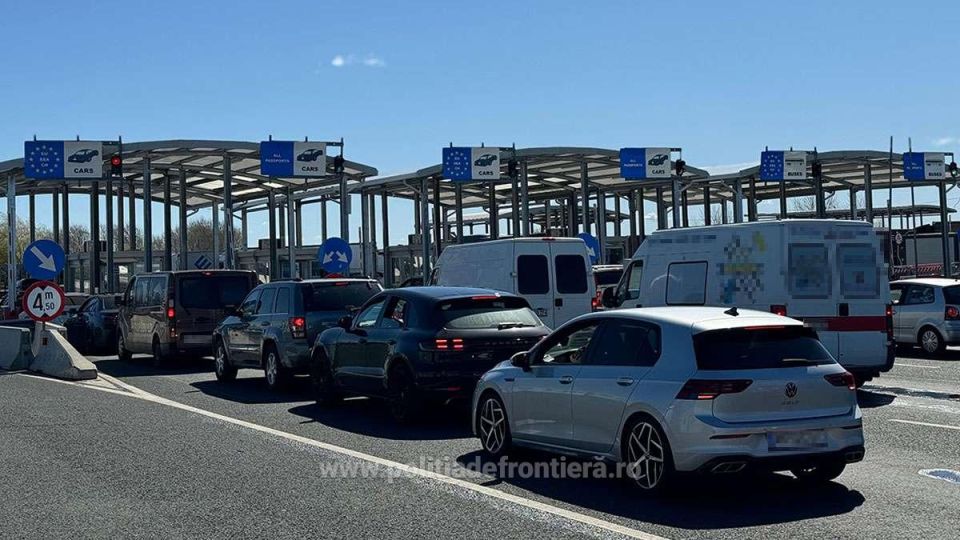An analysis of the Romanian economy
With a 7% growth rate in 2017 compared with the previous year, the highest in the European Union, Romania looks set to have a robust growth rate this year, as well. The National Bank of Romania said as much recently, but pointed out that growth would slow down in 2019. We find a similar projection in the latest estimates by Standard and Poor’s rating agency, which says that Romania may see a 4.7% economic growth rate this year, followed by a lower growth rate of 3.5% in the 2019-2021 period.

Corina Cristea, 05.03.2018, 13:59
With a 7% growth rate in 2017 compared with the previous year, the highest in the European Union, Romania looks set to have a robust growth rate this year, as well. The National Bank of Romania said as much recently, but pointed out that growth would slow down in 2019. We find a similar projection in the latest estimates by Standard and Poor’s rating agency, which says that Romania may see a 4.7% economic growth rate this year, followed by a lower growth rate of 3.5% in the 2019-2021 period.
Standard % Poor’s report also notes that political volatility is one of Romania’s vulnerabilities, but that more concerning are the frequent attempts to implement legislative changes that could diminish checks and balances between institutions and delay structural reforms. Standard & Poor’s has maintained Romania’s rating for short and long-term debts in hard currency and the local currency at BBB minus, an investment grade with a stable outlook.
The agency explained in a statement that the stable outlook reflects expectations that, although Romania’s deficits will remain high as a result of the government’s pro-cyclical fiscal stance, the level of government and external debt will increase only gradually in the next two years, barring a major economic slowdown. Budgetary constraints will limit the government’s ability to stimulate the country’s economy, while structural factors start to impede growth.
A reduction in the unemployment rate to 4.9% in 2017 indicates increasing shortages in skilled labour. Moreover, if salaries continue to grow at a rapid pace, Romania’s hard-won competitiveness may erode quickly, Standard and Poor’s also warns. The main engine of Romania’s economic growth was consumption, supported by tax cuts and wage growth.
Public investment levels, however, dropped for the second time in a row, according to the European Commission. Brussels estimates that Romania’s growth rate will slow down to 4.5% this year and to 4% next year, a projection echoed by the World Bank. The National Forecast Commission, however, says it has revised its GDP growth estimate for this year up to 6.1%. (Translated by C. Mateescu, edited by D. Vijeu)






























